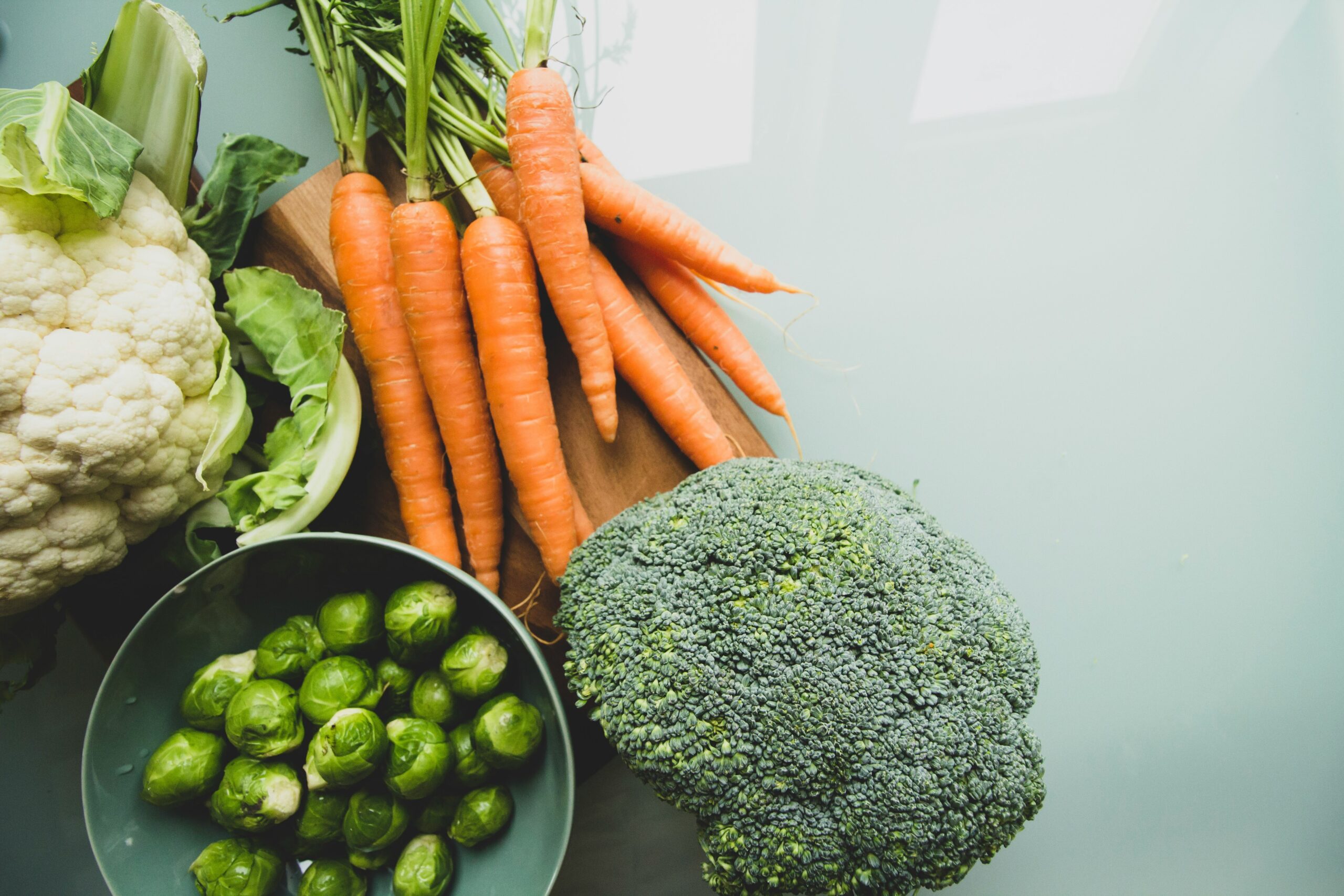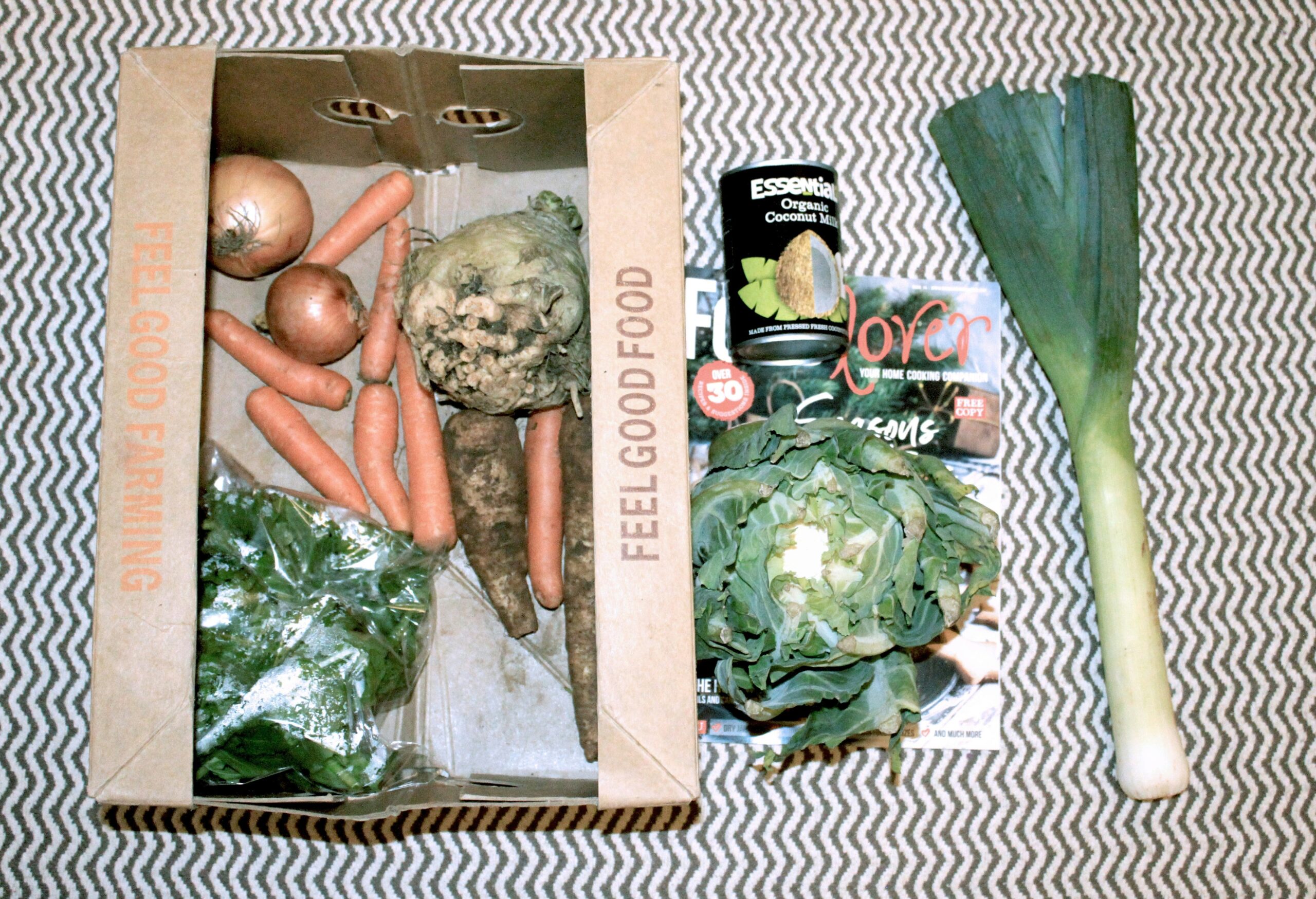Ever looked at your skincare label and wondered if you’re rubbing chemicals onto your face instead of nourishment? You’re not alone. With the rising interest in clean beauty, organic vegetables have emerged as game-changers for glowing skin—but how do you incorporate them into your routine without turning your bathroom into a salad bar?
In this post, we’ll break down why organic vegetables deserve a spot on your vanity, how to use them effectively, and tips for making this trend work for your skin. Plus, we’ll sprinkle in some quirky beauty fails and no-nonsense advice so you know what *not* to do.
Table of Contents
- Why Organic Vegetables Matter for Your Skin
- How to Incorporate Organic Veggies Into Your Routine
- 7 Tips for Mastering Organic Skincare
- Real-Life Glow-Ups: Success Stories
- FAQs About Using Organic Vegetables for Beauty
Key Takeaways
- Organic vegetables are packed with antioxidants, vitamins, and enzymes that boost skin health.
- Using fresh produce minimizes exposure to synthetic additives found in traditional products.
- DIY masks or smoothies made from organic veggies can target specific concerns like acne or dullness.
- Balance is key—organics aren’t miracle cures but powerful allies when used correctly.
Why Should You Care About Organic Vegetables for Your Skin? 🤔
“The skin absorbs up to 60% of what we put on it,” says dermatologists worldwide (and panic-stricken skincare enthusiasts). So ask yourself: Do you really want pesticides or GMO residue seeping into your pores?
Let me share my own #BeetFail moment: Once, I decided to make a beetroot mask because “natural” sounded healthier than store-bought junk. Spoiler alert—I ended up with bright pink streaks on my cheeks that wouldn’t budge for three days. Lesson? Technique matters!
But here’s why going green could be worth it:
- Packed with Nutrients: Cucumbers hydrate; spinach strengthens; carrots add radiance.
- Reduced Chemical Load: Non-organic options often come laced with preservatives or fertilizers that irritate sensitive skin.
- Eco-Friendly Choices: Supporting sustainable farming benefits both you and the planet.

How Do You Actually Use Organic Veggies in Your Routine? 🥒🥕
Step 1: Start Simple – The Humble Mask
Mix mashed avocado with honey for hydration, or blend turmeric powder with yogurt for brightening. Just remember to patch test first (pro tip learned after an allergic reaction).
Step 2: Get Juicy – Smoothies & Cleansers
Sip your glow by drinking veggie-packed smoothies daily. Alternatively, create a gentle cleanser using diluted cucumber juice.
Step 3: Go Pro – Store-Bought Products
If DIY isn’t your jam, shop for certified organic skincare infused with vegetable extracts. Look for labels saying “USDA Organic” or similar certifications.

7 Tips for Mastering Organic Skincare Like a Pro 👩🔬
- Store Smart: Keep perishable items refrigerated and throw out anything past its prime.
- Patch Test Everything: Even all-natural doesn’t mean non-irritating.
- Less is More: Don’t overload your skin with too many ingredients at once.
- Balance pH Levels: Some veggies might disrupt your natural barrier. Use toners to restore balance.
- Eat What You Apply: Consistency inside-out maximizes results.
- Avoid Overdoing It: One beetroot disaster per lifetime is enough.
- Listen to Your Skin: If something feels wrong, stop immediately.
Real-Life Glow-Ups: How Others Have Benefitted 🌟
Meet Sarah, who struggled with adult acne despite trying nearly every prescription treatment under the sun. After switching to an organic kale-based serum, her complexion cleared within weeks. Another user, James, swears by his weekly pumpkin enzyme peel for keeping razor burn at bay. These stories prove one thing: Sometimes nature knows best!

FAQs About Organic Vegetable Beauty ✨
Q: Can I just eat more veggies instead of applying them topically?
Absolutely! While external application provides immediate benefits, internal consumption amplifies long-term effects. Think of it as teamwork.
Q: Are there any downsides to using raw vegetables on the skin?
Grumpy You:* ‘Ugh, fine—but only if coffee’s involved.’*
Optimist You:* ‘It’s cheap, effective, and eco-friendly!’*
Sure, raw veggies can cause irritation if misused—or leave stains (see: my beetroot fiasco). Always research proper usage guidelines.
Q: Where do I buy certified organic produce?
Local farmers markets, Whole Foods, or even Amazon Fresh often carry verified organic options. Prioritize sourcing responsibly.
Conclusion
To wrap things up, embracing organic vegetables for your skin isn’t about becoming a full-blown hippie—it’s about making smarter, cleaner choices. Whether through DIY recipes, diet tweaks, or carefully curated products, adding these nutrient powerhouses to your regimen can transform your complexion naturally.
Remember our golden rule: Balance is everything. Don’t ditch science-backed solutions entirely, but don’t underestimate Mother Nature either.
Like Beyoncé said, “I’m feeling myself.” And now, armed with avocados and spinach, you will too.
*Bonus Haiku Moment:*
Green leaves on my face,
Carrots whisper secrets soft—
Glow grows overnight.*


